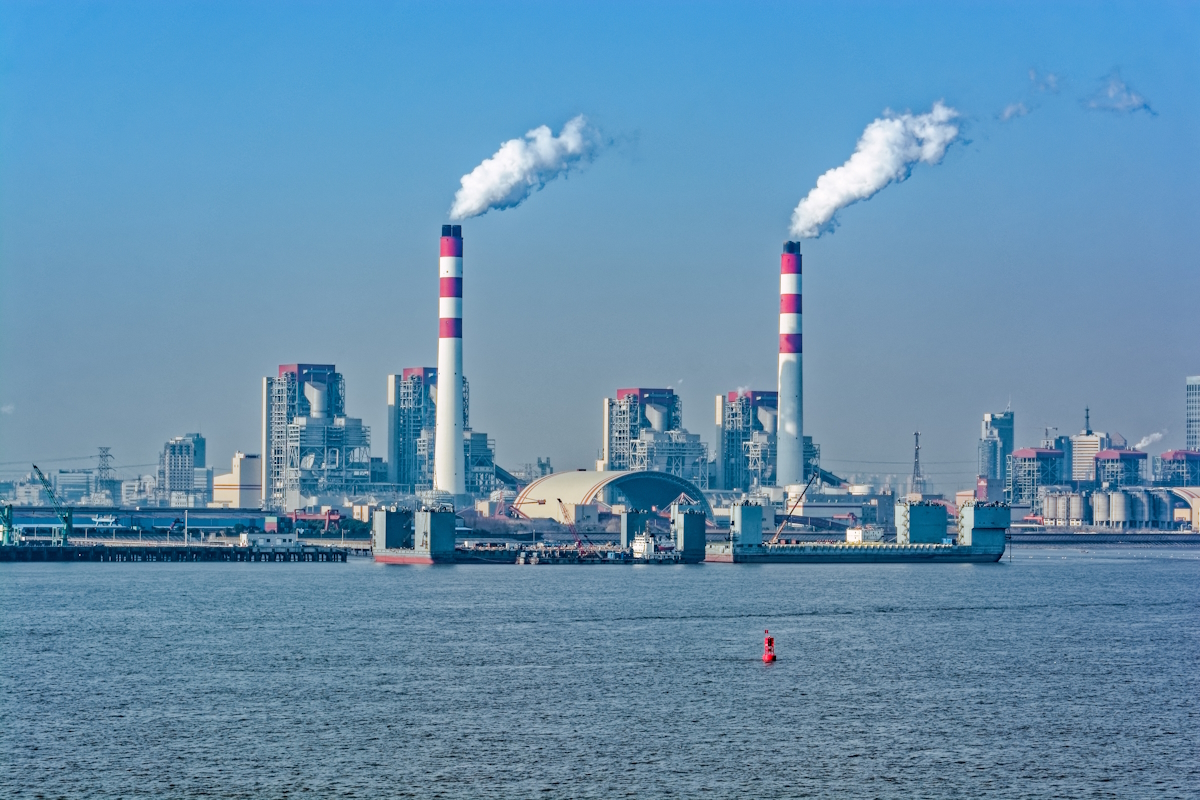The energy transition is accelerating, but reaching net-zero emissions by 2050 remains a “tough but achievable stretch,” according to BloombergNEF’s latest New Energy Outlook. The 2024 report evaluates the current state of the global energy transition and outlines long-term scenarios for shifting to a low-carbon economy.
Asia is at the forefront of these efforts. BloombergNEF’s Economic Transition Scenario (ETS), driven by economic and technological tipping points favouring low-carbon technologies, forecasts a 27% reduction in global emissions by the mid-century. For developed nations, emissions are expected to decline by 2030 due to the affordability and availability of renewable energy and electric vehicles. However, in developing countries like India, Indonesia, and Vietnam, emissions are projected to rise until the late 2030s due to their growing energy demands outpacing clean energy deployment.
China stands out with emissions set to fall immediately from 2024 through the end of the outlook period. BloombergNEF attributes this to China’s robust track record in deploying clean technologies, enabling the country to peak emissions under an economics-led transition. The scenario also sees global coal demand peaking immediately, driven by a significant decrease in China’s coal consumption. Renewables and coal-to-gas switching are increasingly replacing coal in the power sector, especially in the Asia Pacific region.
The report emphasizes that progress in the next decade is critical. The Net Zero Scenario (NZS) outlines pathways to achieve net zero by 2050, aligned with the Paris Agreement goals. It stresses the urgency, noting that the window to act is rapidly closing. Achieving these goals requires, amongst others, a decline in emissions across all sectors starting this year, a reduction in fossil fuel use, and a tripling of renewable energy capacity by 2030.
In the Asia Pacific, South Korea, Japan, India, and Australia are better positioned to reach net zero but still need to enhance their emission reduction efforts. China, Indonesia, and Vietnam have significant potential to increase their climate ambitions, accounting for 34% of global energy sector emissions last year.


 Australia
Australia China
China India
India Indonesia
Indonesia Japan
Japan Malaysia
Malaysia Philippines
Philippines Singapore
Singapore South Korea
South Korea Taiwan
Taiwan Thailand
Thailand Vietnam
Vietnam







